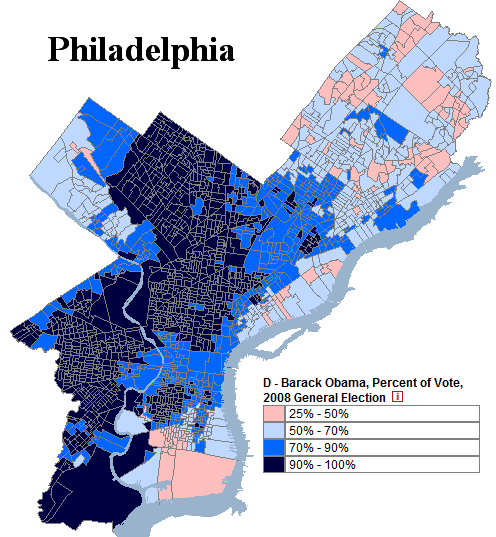Crossposted from BorderJumpers, Danielle Nierenberg and Bernard Pollack.
Originally featured in the North Carolina News Observer.
 It’s not every day you meet someone from Raleigh while traveling in Lusaka, Zambia. Dale Lewis might not have intended to spend decades in the landlocked African country of 12 million, but his passion for protecting wildlife and for conservation led him there – and his entrepreneurial spirit and desire to lift farmers from poverty while protecting the environment compelled him to stay.
It’s not every day you meet someone from Raleigh while traveling in Lusaka, Zambia. Dale Lewis might not have intended to spend decades in the landlocked African country of 12 million, but his passion for protecting wildlife and for conservation led him there – and his entrepreneurial spirit and desire to lift farmers from poverty while protecting the environment compelled him to stay.
How does Lewis, who attended Broughton High School and whose parents were longtime Raleigh residents, help alleviate hunger and poverty in Zambia’s most rural areas?
By making peanut butter, and lots of it!
One of the first things you notice about grocery stores in Zambia is the plethora of processed foods from around the world, from crackers made in Argentina and soy milk from China to popular U.S. breakfast cereals. Complementing these foreign foods, however, are a variety of locally made and processed products, including indigenous varieties of organic rice, all-natural peanut butter and honey from the It’s Wild brand.
It’s Wild was started by the Community Markets for Conservation (COMACO), which Lewis founded over 30 years ago to conserve and protect local wildlife.
COMACO helps farmers improve their agricultural practices in ways that can protect the environment while also creating a reliable market for farm products. It organizes farmers into producer groups, encouraging them to diversify their skills by raising livestock and bees, growing organic rice, using improved irrigation and fisheries management and other practices so that they don’t have to resort to poaching elephants or other wildlife.
By targeting hard-to-reach farmers who live near protected areas, “we’re trying to turn things around,” Lewis says. For decades, many farmers in eastern Zambia practiced slash-and-burn agriculture and were involved in widespread elephant poaching. It was their only option. Degraded soils and drought left many farmers in the region desperate.
By training more than 650 “lead” farmers to train other farmers, COMACO hopes not only to protect the environment and local wildlife, but also to help farmers increase their incomes by connecting them to the private market. The organization supports creation of regional processing centers and trading depots to make it easier for farmers to process their crops and transport them to market. It also offers a higher price to farmers who grow rice and other products organically and for those who use the conservation farming techniques they’ve learned from trainers and lead farmers.
Lewis says that when farmers comply with COMACO, they see benefits, including improvements in food security and health.
The resulting products are then sold under the It’s Wild brand in major supermarket chains across Zambia, such as ShopRite, Checkers and Spar. Next year, COMACO plans to export its products to Botswana. The organization is trying to do as much of the product distribution as possible so that the money stays with the farmers and not middlemen.
COMACO has also gotten technical support from Minneapolis-based multinational food giant General Mills. The company paid for a COMACO food technician to visit its headquarters in early 2009 to learn how different food processing techniques can increase the nutritional and economic value of the foods the organization is selling. Lewis hopes that eventually COMACO will be self-sufficient, and profitable, without the current dependence on donor funding. But that’s not easy for an organization that works with thousands of farmers and has high administrative, transport and salary costs.
He says that he is 70 percent there and is determined to show that his model is not only sustainable, but also profitable.
Danielle Nierenberg is a senior researcher at the Worldwatch Institute and co-project director of “State of World 2011: Nourishing the Planet.” Bernard Pollack is a travel writer from the District of Columbia, currently based in Africa.
Thank you for reading! If you enjoy our diary every day we invite you to get involved:
1. Comment on our daily posts — we check for comments everyday and want to have a regular ongoing discussion with you.
2. Receive regular updates–Join the weekly BorderJumpers newsletter by clicking here.
3.Help keep our research going–If you know of any great projects or contacts in West Africa please connect us connect us by emailing, commenting or sending us a message on facebook.
 DHS agents tonight grabbed a doorknob on an airplane and took it with them when they left. The doorknob is currently being questioned, and is expected to spend the rest of its living days in a small concrete cell next to Eunch the Crotch Bomber.
DHS agents tonight grabbed a doorknob on an airplane and took it with them when they left. The doorknob is currently being questioned, and is expected to spend the rest of its living days in a small concrete cell next to Eunch the Crotch Bomber. It’s not every day you meet someone from Raleigh while traveling in Lusaka, Zambia. Dale Lewis might not have intended to spend decades in the landlocked African country of 12 million, but his passion for protecting wildlife and for conservation led him there – and his entrepreneurial spirit and desire to lift farmers from poverty while protecting the environment compelled him to stay.
It’s not every day you meet someone from Raleigh while traveling in Lusaka, Zambia. Dale Lewis might not have intended to spend decades in the landlocked African country of 12 million, but his passion for protecting wildlife and for conservation led him there – and his entrepreneurial spirit and desire to lift farmers from poverty while protecting the environment compelled him to stay.